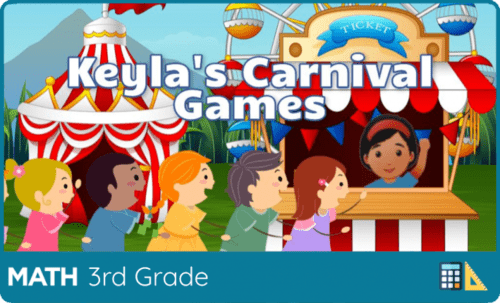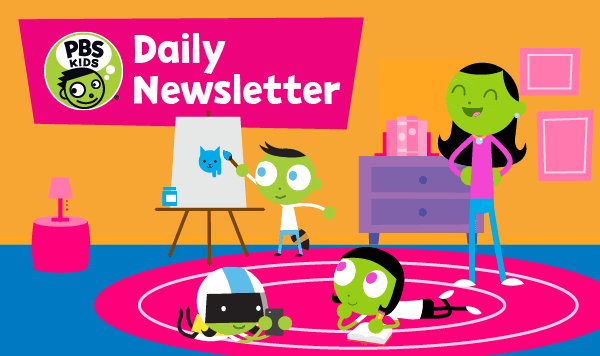
10 free online education resources that make learning at home fun for kids
Photo: SplashLearn
The new normal for the next few weeks means your kids are home to avoid exposure to the coronavirus.
Many schools are prepared to offer online classes so kids can keep up with assignments. Parents are looking to online resources for educational options where they can download worksheets, find creative play ideas and keep little ones from experiencing brain drain during their time away from school.
We’ve compiled a list of free resources with ready-to-use lesson plans on a variety of subjects and grade levels.
Of course, internet service is essential to make use of these resources. For families with financial hardship, Comcast will provide 60 days of free Essential Internet service. To further help, the cable company is increasing WiFi speed and pausing data plans to allow unlimited data for 60 days. And Xfinity WiFi hotspots will have free access throughout the country. Find more details here.
1. Breakout EDU
Breakout EDU offers immersive escape room games to schools and teachers to add more excitement to classroom lessons. During school closures, the platform is offering families free access to a collection of digital games kids can play at home. “Around the World in 30 Days” shoes the solar system’s effect on Earth, “Dino Explorer” helps kids learn to identify and classify groups, and “Keyla’s Carnival Games” delves into the mysteries of fractions.
2. Eureka Math
Eureka Math is a free, open-education resource for parents and teachers of kids from pre-K to high school. Click on the grade level and lesson, and you’ll get worksheets, a teacher’s guide and tips for parents.
3. Freckle by Renaissance
Looking to build foundation skills? Freckle offers kid-friendly adaptive lessons in math, social studies and science for grades K-12. Parents and teachers can sign up for a free account. Kids begin with a diagnostic screening, and then the algorithm helps them progress through lessons at their own level.
4. Khan Academy
The non-profit Khan Academy’s extensive library of standards-aligned curriculum covers kids from K-12. Lessons in grammar, science history – and even AP tests – will keep kids on track to success. The classes are great to augment school classes or to explore an entirely new subject.
5. Mystery Science
At Mystery Science, teachers subscribe to receive open-ended lesson plans in science and engineering for grades K-5. During this corona outbreak, however, the site is offering free access to parents and schools. Some fun titles include “How do they make silly sounds in cartoons?” and “How were emojis created?” A couple of timely lessons offer “How do germs get inside your body?” and “How does hand sanitizer kill germs?
6. PBS Kids
Smaller kids enjoy educational games and activities starring their favorite PBS Kids characters, like Daniel Tiger and Pinkalicious. To help families during this period of social distancing, PBS Kids will send a daily newsletter with additional tips for playing and learning at home. Sign up here. You’ll be glad you did!
7. Prodigy
This math platform for grades 1-8 is always free for parents and schools. Starting with a placement test, the Prodigy Game adapts in difficulty according to your child’s learning style and grade level. Do they know they’re learning while playing? Does it matter?
8. Reading IQ
Get a one-month free subscription to Reading IQ’s library of over 7,000 books for kids ages 2-12. The digital library of curated titles includes Caldecott and Newberry Award-winning titles. Books can be downloaded on any device, with individual reading lists built for up to three kids per subscription.
9. Scholastic
Kids in grades K-6+ get 20 days of lessons from Scholastic Learn at Home. Each three-hour project keeps kids reading, thinking and growing with virtual tours, fascinating articles and related assignments. The daily plans present four separate experiences that are sure to entertain kids while educating them.
10. SplashLearn
SplashLearn’s personalized learning path gives kids in grades K-5 the math skills they need to excel. Interactive games and awards help motivate them to improve scores – and have fun doing it. And parents receive weekly email reports that pinpoint progress and trouble spots.
Looking for more? Click here.




